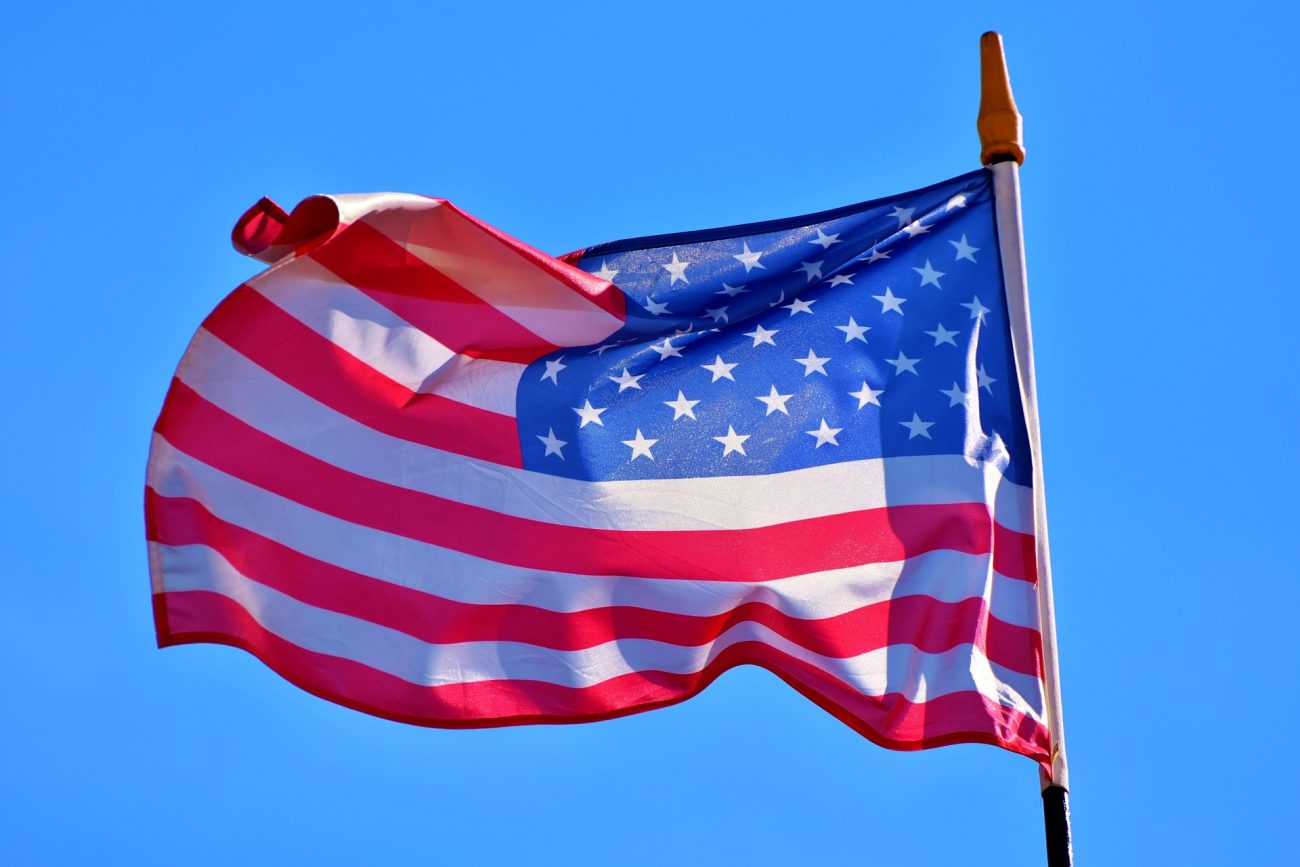Road to ICE 2024: Sports betting advertising coming under fire

2024 is set to be an intriguing year for sports betting, particularly when it comes to advertising, where operators’ marketing is set to come under more scrutiny than ever before.
This will be particularly prominent in the United Kingdom. The culture, media and sport (CMS) committee recently called for a reduction in sports betting advertising to protect children.
The white paper, published in April 2023, intended to outline how gambling should be regulated in the UK. However, it received criticism for its lack of measures on how to tackle advertising. The CMS committee is pushing for more to be done in 2024 than was outlined in the white paper.

Pressure to reduce sports betting advertising could also prove a common theme across Europe this year. France, Belgium and the Netherlands all took steps in 2023 to reduce the amount of visible gambling marketing.
This was the case in the US, too, where a bill was introduced into the House by Democratic representative, Paul Tonko, to propose a wide-reaching ban on sportsbook advertising.
Sports betting sponsorship debate rages on in the UK
The UK is likely the region in which the conversation over sports betting advertising will be most prevalent in 2024. The white paper has done little to abate the controversy, coming under fire for its lack of action on advertising.
In mid-April, prior to the release of the white paper, Premier League clubs voted to collectively halt gambling sponsorship on the front of matchday shirts from the end of the 2025-26 season. At the time of the vote, eight of the 20 clubs had shirt sponsorship agreements with gambling operators.
Yet, in an article for iGB, industry expert Jon Bruford expressed his opinion that the move was “placatory at best, pointless at worst”, with deeper action needed to truly address any issues in regards to advertising.

While the CMS committee welcomed the Premier League clubs’ decision, it also called for a “more precautionary approach” to advertising than the white paper proposed. It pointed to a recent study highlighting the high number of gambling messages visible during matches aside from shirt sponsorship.
On top of this, a study investigating Premier League advertising and released in September found that self-regulation was “completely failing”.
Bristol University’s study revealed 92% of content marketing ads from gambling brands breached regulations as they were not clearly identifiable. Researchers also found that less than a quarter (20.6%) included gambling harm reduction messages and only 18.7% featured age warnings.
It’s clear there is a problem to solve. A recent survey from the Football Supporters Association found almost three-quarters of football fans in England and Wales are concerned over the levels of gambling sponsorship in the sport.
It’s no easy fix, though, and 2024 is a vital year in how sports betting is advertised going forward.
Sports betting advertising a hot topic in Europe
2023 was an interesting year for a number of European countries in how they regulate sports betting advertising.
France was one of those to tighten its restrictions on how sports betting can be advertised. The French gambling regulator, l’Autorité Nationale des Jeux (ANJ), prohibited the use of an athlete’s image in gambling communications.
ANJ also released a number of new gambling sponsorship regulations for sports teams, as well as a role model ban, in which athletes popular with children are prohibited from featuring in betting marketing.
Belgium, meanwhile, had a near total gambling advertising ban introduced in July. Unsurprisingly, the ban came under fire from the industry, with some claiming the prohibition will instead aid the illegal market.

The Netherlands introduced a similar ban the very same day as Belgium, with gambling ads through most media channels prohibited. Unlike Belgium’s ban, however, targeted advertising was permitted in some contexts. The regulator’s goal was to ensure 95% of those viewing ads would be over 24 years of age.
Both Germany and Italy already have extremely strict rules on sports betting advertising, with operators in both countries pushing for such tight restrictions to be eased in the future.
US: The Betting on Our Future Act
In February 2023, Democratic representative Paul Tonko introduced a bill called the Betting on Our Future Act.
This proposed a ban on sportsbook advertising, aiming to “prohibit the advertising of sportsbooks on any medium of electronic communication subject to the jurisdiction of the Federal Communications Commission (FCC), and for other purposes”.
If passed, sportsbooks would not be permitted to advertise on mediums that fall under the control of the FCC, such as TV, radio or the internet. As of yet, though, the bill is yet to pass the house and has come under criticism from the industry.
The Coalition for Responsible Sports Betting Advertising launched in April. Numerous broadcasting entities and sports leagues collaborated with the aim of promoting responsible sports betting advertising. The National Basketball Association (NBA), Major League Baseball (MLB) and the National Hockey League (NHL) were all involved.

The NBA, MLB and NHL also joined forces in November, jointly releasing a new responsible gaming advert called Never Know What’s Next. The ad appeared on all three leagues’ X (formerly known as Twitter) accounts, aiming to display the unpredictability of sports.
In December, it was revealed that FanDuel Group had lobbied against rules prohibiting advertising sports betting near colleges and universities in New York.
New York introduced updated sports betting rules in October. This came after the New York state registrar considered opinion from various licensees, including Flutter Entertainment-owned FanDuel.
With the ban now in place, unredacted state registrar documents now show FanDuel voiced its opposition to such a move. The operator also spoke out against a number of other measures put forward in October.


